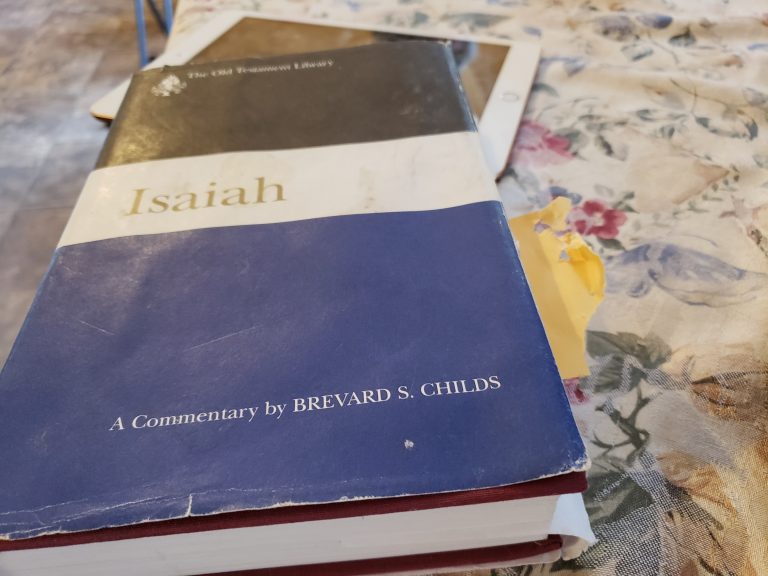Reading the Passion Narratives
I was reading from Darrell Bock’s book Jesus According to Scripture, and I was struck by a footnote. I’ve been reading from the passion narrative in Matthew, because it is the lectionary selection for this year, but I like to read Bock’s notes because he points out the similarities and differences between the various accounts.
In his note on the last supper (p. 359n54) he comments that:
. . . To the extent that an interconnected tradition makes these points about the event, whether explicitly or implicitly, the order of the Gospels becomes less relevant, beca7use the basic symbolism of the event is there in all these elements in all versions.
I’m not writing to critique Bock’s approach, though he is somewhat more conservative than I am. But I’d like to suggest a couple of things about reading. First, no single gospel story makes a train wreck of the passion accounts, i.e. the message is still there. Second, each gospel account has a unique emphasis, which we should watch.
We tend to read these stories for history, which is why reconstructions of the sequence of events, telling us precisely how many cock crowings there were, or when Peter made each denial, or clarifying just who went to the tomb and when they did it. That sort of thing has a certain interest. But when we’re looking at those details and compiling a full story from our multiple sources, we can easily be missing the message of the gospels.
As a believer, I like to read these stories simply for the impact, the symbolism, or might I say, the “mythical” element. “Myth” has a bad name, but one element of myth is that the story has a meaning beyond the narrated facts. A myth explains how one’s world hangs together and why. What I mean by looking at the mythical elements is to read the story for its broader meaning in salvation history. Change the questions. Go asking, “How can this story impact my life and the life of my church?”
I have no problem with reading for history, but such reading is only a small part of truly absorbing the text and letting God work on your life through what you read. I would recommend reading or hearing these texts read aloud. I know the passion narratives are long, but the gospels spend all that time on them because they are important. Read them slowly. Absorb the symbolism. Let God speak.
It’s much more important than sorting out the crowing cocks and denying disciple!


